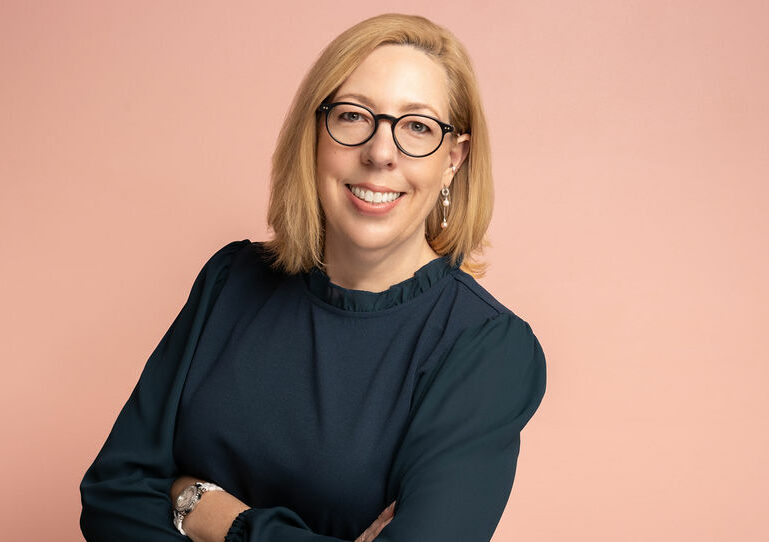An Oregon trial attorney simultaneously operating as a climate activist targeting U.S. energy companies over global warming is the one feeling the legal heat.
Roger Worthington, lead counsel in Multnomah County, Oregon’s $51 billion lawsuit against energy companies, is part of a national lawfare strategy aimed at forcing fossil fuel companies into a massive payout over climate-related allegations.
Worthington also authored multiple op-eds in Oregon newspapers, including The Bulletin, where he failed to disclose his role as lead counsel for the county. Instead, he used the byline, “Roger Worthington owns Worthy Brewing in Bend and Indie Hops in Portland.”
Attorneys for the energy companies are crying foul. Lawyers for Chevron are asking the court to strike two climate studies in which Worthington was involved. The county’s lawyers used the studies as part of their case “as though they are independent works of scientific research, when they are not,” the filing stated.
Of note, pre-published copies of these climate attribution science studies, subsequently published by Nature, were uploaded to the website of Worthington & Caron, PC, Roger Worthington’s firm. These drafts contained watermarked language that read, “Draft; Please Do Not Distribute” and “Do Not Distribute; Under Review.” Links to these two studies have since been disabled from the law firm’s website, although the URLs still remain.
“Plaintiff’s counsel’s failure to disclose his involvement with the two Nature studies cited by Plaintiff and its experts does not appear to be an isolated instance, but part of a broader pattern confirming the lack of disclosure is intentional,” the September 12 filing said. “Chevron respectfully requests that the court strike all references to the two studies supported or otherwise influenced by Mr. Worthington and, to fully vindicate the court’s interest in the fair administration of justice.”
When Multnomah County announced its lawsuit, it said, “Scientific studies have shown that this heat dome was made virtually impossible without human-caused climate change, which was intensified by the burning of fossil fuels.”
The county’s press release also featured a statement from Worthington:
“What is new about this case is how the leadership of Multnomah County is utilizing irrefutable climate science to hold corporate polluters accountable for their role in causing a discrete and disastrous event, as well as recent wildfires. We will show that fossil fuel–induced global warming is already costing Oregonians lives and treasure.”
At the same time, Worthington was writing articles for Oregon newspapers to create public support for his litigation, without disclosing his role.
In June, Worthington authored a guest column in The Bulletin headlined, “Did Big Oil cause the 2021 heat dome?” and identified himself simply as a local brewery owner.
“With all these dire and irrefutable warnings, why do we continue to delay holding Big Oil accountable for their deception that has generated so much life-threatening greenhouse gas pollution? Why do we kick the can down the road?” Worthington wrote.
Neither Worthington nor anyone from his law firm, Worthington & Caron, responded to InsideSources for comment about these writings. Worthington declined to respond to E&E News about the motion but said his firm “looks forward to challenging Chevron’s motion to strike with a robust reply.”
The reply is expected to be filed on October 10, and a hearing to discuss the matter at the Multnomah County court has been scheduled for October 30.
The Bulletin has since added an addendum to Worthington’s column stating, “He served as an attorney for Multnomah County on the case alluded to in this column, though he said he wrote this as a private citizen.”
A spokesperson for The Bulletin told InsideSources that the additional identifying information about Worthington was appended “recently” to the column.
Worthington’s actions raise ethical issues, legal experts say.
“Mr. Worthington’s describing himself … only as the owner of ‘Worthy Brewing in Bend and Indie Hops in Portland’ indicates a potential intent to conceal his serving as plaintiff’s counsel,” said John Shu, a legal scholar who served in the administrations of both Presidents Bush.
“The trial court has broad discretion in choosing whether to hold an evidentiary hearing on the issue and/or to strike from evidence any publications with which plaintiff’s counsel was involved.”


